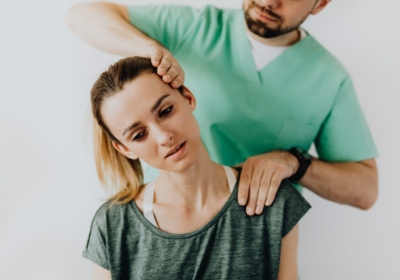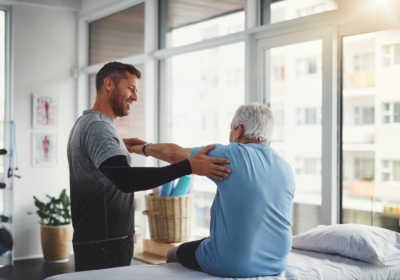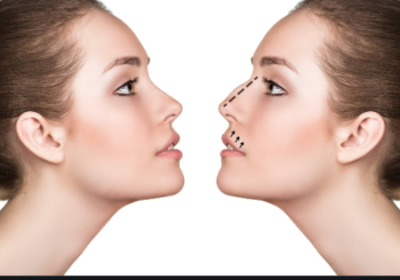Depression and anxiety often have perceptible effects on our physical body, especially in children and elderly. Many people have depression-related illness, which can be effectively handled with psychological treatments; not with chemical-based medications. Here are six ways depression can affect our physical body:
- Headaches: There are many causes of headaches and depression is one of them. Headaches triggered by depression are typically generalized and dull. Patients usually report that headaches become worse in the evening and morning. They could be headache of tension-type, which happens when muscles in our scalp and neck are contracted and tense repeatedly. Depressed people may unconsciously tense muscle groups in these areas, inducing a good deal of pain.
- Back aches: Back aches are quite common among people suffering from depression. Those with prolonged anxiety may move more carelessly and tend to take care of themselves less. Consequently, they can be more susceptible to injuries in the muscles of their back.
- Insomnia: Problems is sleeping is an obvious sign of depression. Depressed people could find it hard to fall asleep naturally, since their mind could be more active while on the bed at night. When people have problems sleeping for about one week, they should start considering whether the issue is caused by emotional difficulties.
- Fatigue and exhaustion: Fatigue and exhaustion are often considered classic hallmarks of troubled minds. In more cases, depression and exhaustion may feed off one another. The relationship between them can be so complex that it’s difficult to say which one came first. When patients are treated of their depression, it would amazing how live they could become.
- Changes in weight: Unpredictable fluctuations in weight may relate to changes in our activity level and eating habits. Sometimes depressed people sleep and eat a lot. In other cases, they sleep and eat too little. This could cause them to gain or lose weight significantly after a period of time. People with unexplained weight gain or loss should consult the doctor to see whether it’s a sign of poor health condition.
- Chest pain: People who experience some chest pain should immediately seek medical attention. Chest pain could be a sign of impending heart attack or other serious conditions. However, poor emotional health could also trigger chest pain. It may be associated with panic attack, which includes symptoms like breathing difficulty and heart palpitations. If health professionals conclude that there’s no indication of heart problems, find out whether it’s a sign of anxiety or depression.




Recent Comments